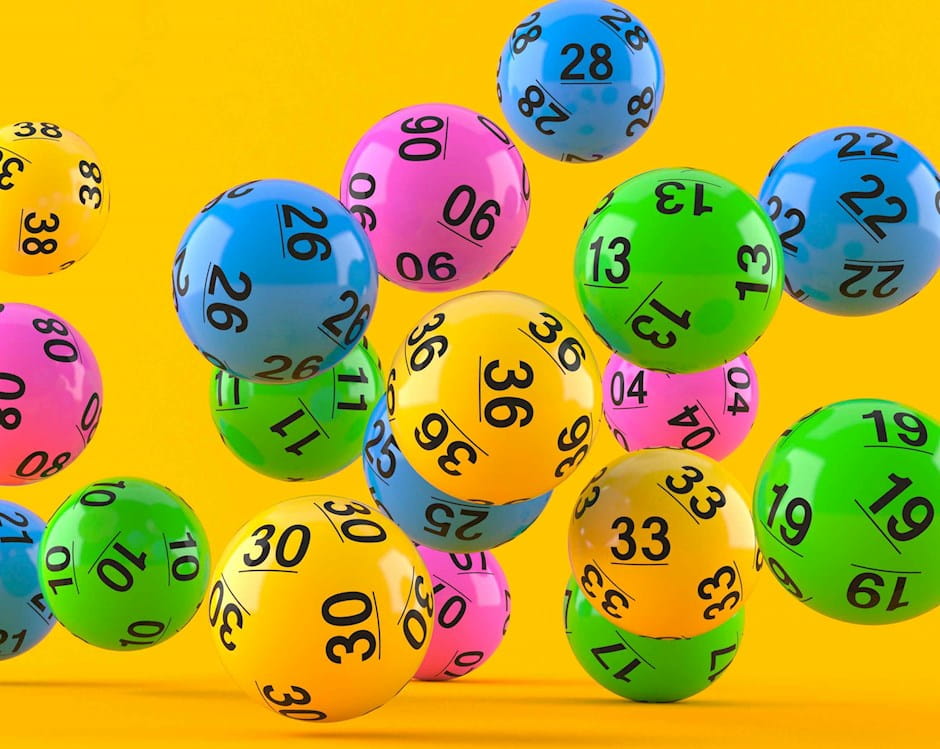
Do ‘Regret Lotteries’ Work?
Research assessed their usefulness for situations that involve repeated choices, such as exercise.
- By
- December 26, 2024
- CBR - Behavioral Science

To encourage people to get vaccinated during the COVID-19 pandemic, some state and local governments worked with researchers to run “regret” lotteries, which were designed to induce feelings of regret even before a lottery took place. For example, Philadelphia automatically entered all adult residents in its Philly Vax Sweepstakes, but if your name was drawn and it turned out that you weren’t vaccinated, you wouldn’t win. What if you missed out on $50,000 just because you didn’t keep a vaccine appointment?
Do these types of lotteries work? Research by Lehigh University’s Felipe Araujo, Chicago Booth’s Alex Imas, and University of Pittsburgh’s Alistair Wilson offers some of the latest reason for skepticism.
Studies of regret lotteries so far have produced mixed evidence. One finds that a regret lottery was successful in encouraging patients at risk for stroke and bleeding complications to take their prescribed medicine, warfarin. Another paper by a team of researchers including Chicago Booth’s Devin G. Pope and Richard H. Thaler finds that the Philly Vax Sweepstakes may have led to slight increase in vaccination rates in some areas but not overall. (Read about another project in “Does paying people to get vaccinated work?”)
But most research to this point has looked at whether people will act on something that requires only one choice, such as getting a vaccination or opting into a 401(k) plan. Would regret work in situations, such as exercise, where you have to make a choice over and over?
To test this, Araujo, Imas, and Wilson conducted a series of experiments, one of which involved assigning people to either a standard lottery group or a regret lottery group. Every participant had the chance to join 30 rounds of a lottery drawing. Between each round, participants were asked how much money they’d turn down to enter the next round of the lottery, and the researchers then made an offer. If a person had said they’d take that amount or less, they sat out the lottery draw. Otherwise, they took part in the draw and either won prize money or received nothing.
In each round, three of 50 numbered balls were chosen from a bingo cage. Winning involved matching one or more numbers on the called balls with the three numbers written on the participants’ lottery ticket. A ticket with one matching number was worth $2.50; two matches won $25; and three, $250.
Those in the standard lottery were given a fresh ticket for each round that they opted in to, while those in the regret lottery received only one ticket, at the start. Say a participant was willing to take $5 to sit out the lottery in Round 10. If that person was in the standard lottery group, they didn’t get a ticket for that round and therefore had no idea whether they would have won. But those in the regret lottery group held onto their ticket and learned whether they had missed out on winning.
All of the experiments point to regret lotteries failing at effectively motivating people when there are repeated choices. Indeed, in several experiments, the regret lottery even backfired. Also, inducing the feeling of regret was more difficult than the researchers expected.
They caution policymakers to be careful with regret lotteries, referencing the Philly Vax Sweepstakes to underscore the shortcomings. That lottery attempted to target people in zip codes with low vaccination rates by giving them a greater chance than other city residents of winning prizes. Yet the better chance of winning didn’t translate to increased vaccination rates.
“There are better tools out there,” Imas says. “When you have repeated decisions, you have a lot of forces at work.” One of those forces is that regret feels bad; another is that to participate in a regret lottery, you don’t have to do anything to learn what your outcome would have been. If it’s not required to buy a ticket—or exercise, or eat better—in order to learn how the lottery works, it’s easy enough to simply carry on with your day and observe from a distance.
Your Privacy
We want to demonstrate our commitment to your privacy. Please review Chicago Booth's privacy notice, which provides information explaining how and why we collect particular information when you visit our website.